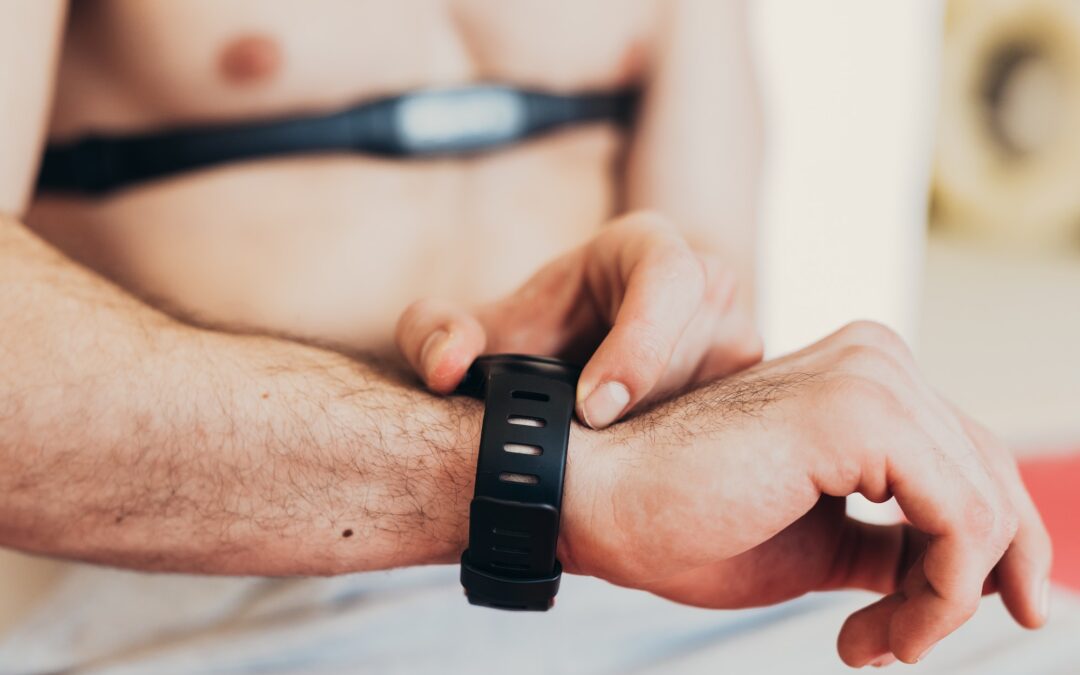High and low heart rates can give you an idea of how healthy you are. Find out how your heart rate reflects your health and what to be aware of.
By having the right information and doing the right exercises, your heart rate can turn into a useful tool. It can let you know how hard you’re working, what your limit is, and how to effectively burn fat.
Moreover, it can be a window into your overall health. According to a Harvard study, by measuring your heart rate, you’ll have a reliable way to check your heart health. The following is an overview of their results and how it affects you.
The Study
 Published in the Harvard Health Blog, the study highlights how your heart rate can basically provide a real-time snapshot of your heart health. Furthermore, your resting heart rate may even help identify future health issues like cardiovascular disease.
Published in the Harvard Health Blog, the study highlights how your heart rate can basically provide a real-time snapshot of your heart health. Furthermore, your resting heart rate may even help identify future health issues like cardiovascular disease.
According to Dr. Jason Wasfy, director of quality and analytics at Harvard-affiliated Massachusetts General Hospital Heart Center, lower resting heart rates can signify higher physical fitness and lower risks of cardiac events. “However, a high resting heart rate could be a sign of an increased risk of cardiac risk in some situations, as the more beats your heart has to take eventually takes a toll on its overall function, Wasfy notes.
In contrast, higher resting heart rates (near the top of the 60 to 100 range) can increase your risk for cardiovascular disease. However, certain situations like fatigue and dizziness can make your resting heart rate dangerously low. “This may be the result of the electrical nodes of the heart aging, or not transmitting electrical signals correctly,” Wasfy explains.
Measuring Your Heart Rate
The first step in maintaining a healthy heart rate is to know how to measure it. While there are smart devices that can help you figure it out, you can also do it manually.
Start by holding out one of your hands with your palm facing up, and then take the index finger and middle finger of your other hand and press it on the inside of your wrist, at the base of your thumb. Make sure you don’t use your thumb as it has its own pulse.
Press lightly until you can feel your pulse and then count the number of beats for 60 seconds (or count for 30 seconds and double that number). That’s it! Also, you’ll want to repeat this a few times to get an accurate reading.
The Outlook
 Having a lower heart rate typically means that your heart health is doing well, so long as it’s not too low. But how can you lower your number and how can you improve your overall heart health?
Having a lower heart rate typically means that your heart health is doing well, so long as it’s not too low. But how can you lower your number and how can you improve your overall heart health?
Start by exercising regularly to work out your heart muscle and boost your health by eating healthily and taking Circulation Boost. As a heart supplement, its ingredients are effective at promoting circulation, energy levels, blood pressure health, and more. If you’re ready to support your heart health, then maintain a healthy heart rate and take Circulation Boost.

